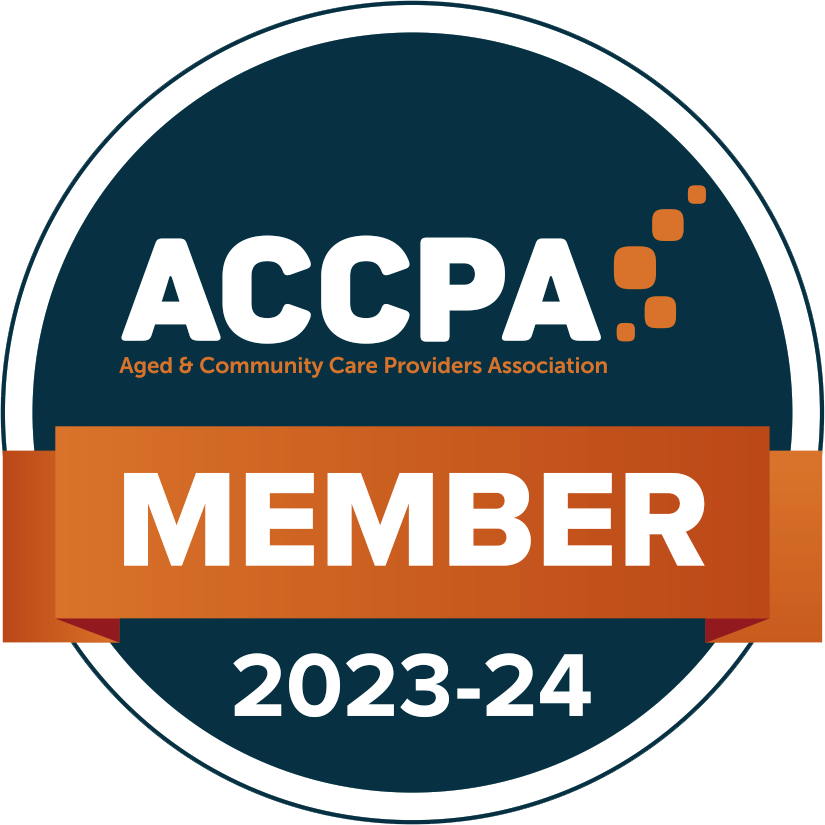Any Questions?
A Guide to Keeping Seniors Safe from Scams
As our society becomes more digital, scams targeting vulnerable groups, particularly older Australians, have become increasingly sophisticated and prevalent. The Australian Competition and Consumer Commission (ACCC) reported that in 2023, individuals aged 65 and over suffered the highest financial impact from scams, with a significant rise in the amount of losses reported.
Scammers exploit the trust and unfamiliarity with technology that some older adults may have, leading to financial loss, emotional distress, and, in some cases, a loss of independence. While aged care scams are a serious concern, they are just the tip of the iceberg.
This blog aims to shed light on common scams and provide practical tips to protect our elderly community.
The Most Common Scams to Watch Out For
Aged Care Scams
These scams often involve fraudulent phone calls, emails, or door-to-door visits, where scammers pose as representatives from government health departments or aged care services. They may ask for personal information, payment for services, or bank details, promising better care or faster services.
Online Scams
With the rise in online shopping and digital communication, older Australians are increasingly targeted by phishing scams, fake online stores, and tech support fraud. Phishing emails often appear legitimate, imitating banks, government agencies, or well-known companies, tricking individuals into revealing personal information.
Phone Scams
Scammers may impersonate authorities like the police, or even family members in distress. They often use scare tactics or urgent messages to pressure the elderly into making quick decisions, such as transferring money or providing personal details.
Investment Scams
Older adults with savings or retirement funds are prime targets for investment scams. Scammers may promise high returns with little risk, often in unfamiliar or overly complex investment opportunities.
Door-to-Door Scams
These scams involve individuals pretending to be salespeople or service providers. They may offer goods or services at inflated prices or demand payment upfront for services that are never delivered.
Dating & Romance Scams
Dating and romance scams involve scammers creating fake profiles on dating websites, social media, or apps to exploit people's emotions and trust. They build a rapport with their victims over time, often expressing deep feelings or a desire for a relationship. Once trust is established, they fabricate stories of personal crisis or emergency, asking for money to help with a supposed problem.
Safety Tips to Avoid Scams and Fraud
Be Cautious with Personal Information
Avoid giving out personal information such as your Medicare number, bank account details, or Social Security number to unknown callers or emails. Legitimate organisations will not ask for this information via phone or email. Create strong, unique passwords for your online accounts and avoid using easily guessable information like your birthdate or pet's name.
Verify Before Trusting
If someone contacts you claiming to be from a government agency, utility company, or bank, take the time to verify their identity. Hang up and call the official number of the organisation to ensure the request is legitimate. Don’t forget to double-check the URL of a website and the sender's email address before clicking on any links or providing information.
Be Careful with Online Shopping
If a deal appears to be unbelievably good, it's likely a scam. Avoid clicking on suspicious ads or pop-ups offering incredible deals.
Be Sceptical of High-Pressure Tactics
Always take your time to think things through and consult with someone you trust if you're uncertain.
Protect Your Devices
Install reputable antivirus and anti-malware software on your devices to protect against harmful programs and cyber-attacks. If you're unsure how to do this, ask a trusted person to set it up and keep it updated for you.
Secure Your Home
Be cautious about letting unknown individuals into your home. Always ask for identification before allowing service providers or salespeople inside. Installing a security system, such as a video doorbell, can help you see who is at your door without opening it.
What's the Best Way to Discuss Scams with Older Family Members?
Here are some practical tips on how to have this important discussion in a way that is respectful, informative, and supportive.
- Approach with care and empathy
- Reassure their feelings
- Let them know you want to help them stay informed and protected
- Explain common scams using clear and straightforward language
- Share examples to make it easier for them to identify similar scams if they encounter them
- Encourage them to ask questions if they’re ever unsure about a situation
- Reassure them that they can always reach out to you or another trusted person if they feel uncertain about a situation
Building a Community of Support
Protecting older Australians from scams is a shared responsibility. Families, carers, community organisations, and government agencies must work together to create a supportive environment where older adults feel safe and informed. By fostering open communication, promoting digital literacy, and providing the necessary resources, we can help safeguard our elderly community from the ever-present threat of scams.
If you suspect a scam or feel uneasy about a situation, talk to a family member, friend, or neighbour. Report it to authorities like the Australian Cyber Security Centre or Scamwatch. Early reporting can help prevent others from falling victim to similar scams.
Let FOCUS Connect be your trusted companion on your
aged care journey, offering security, support, and a community that cares. For more information on how we can support you or your loved ones, contact us at
(02) 4627 1188 today.
Related Articles

FOCUS Connect, a registered not-for-profit charity, provides practical assistance and support services to disadvantaged and marginalised individuals. As a My Aged Care provider, we offer Home Care Package and Commonwealth Home Support Programme services across South West and Northern Sydney. Additionally, we are a leading provider of community services to multicultural and culturally and linguistically diverse (CALD) populations across South West Sydney.
Need Support or Know Someone Who Does?
If you need support, call us at 02 4627 1188 or contact us via our online enquiry form, and we will get back to you shortly to discuss your needs and how we can assist you. If you know someone who could benefit from our services, refer them to FOCUS Connect to help them receive the support they need and deserve.












